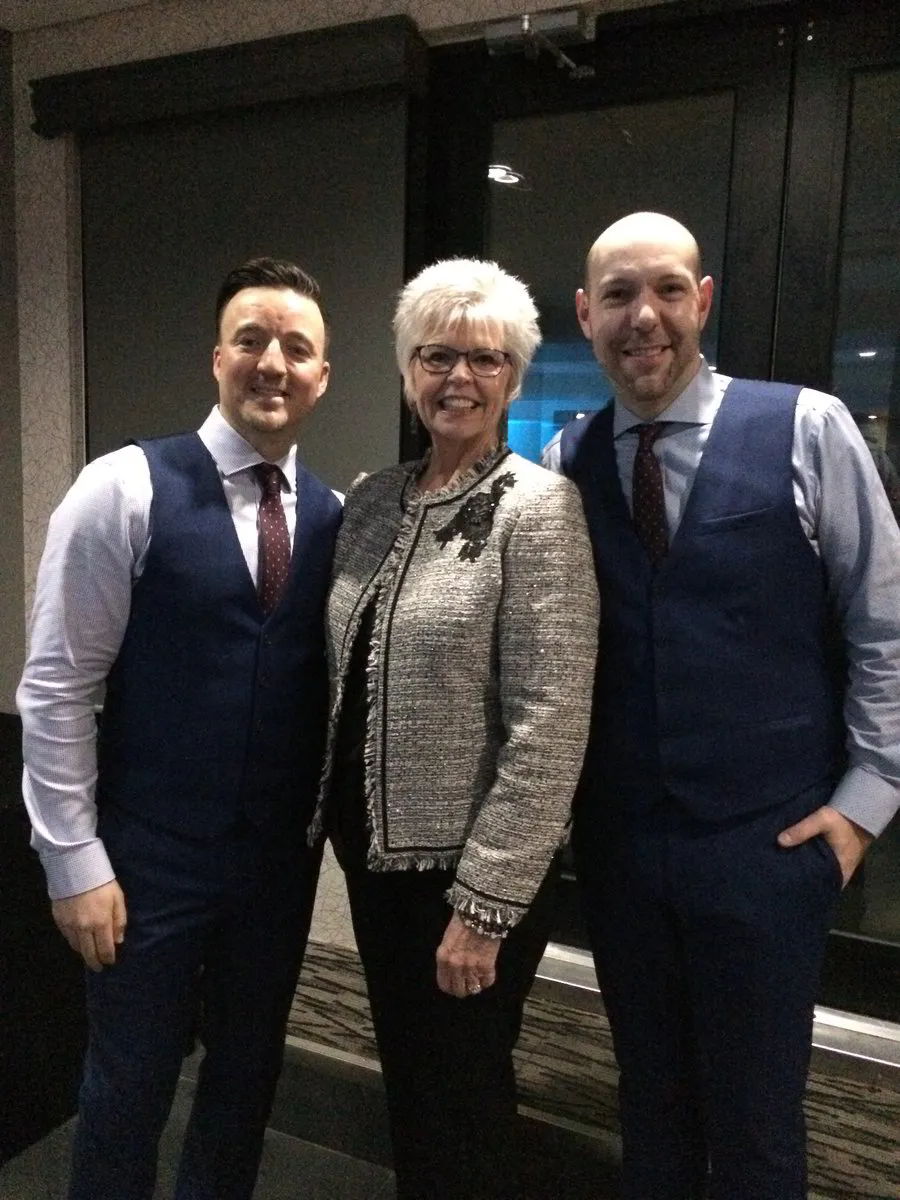How do you design a ceremony that reflects your feeling that marriage is a profound expression of relationship, yet doesn’t make you feel as if you bought your wedding out of a catalog?
According to New York Times Magazine bridal journalist Linda Wells, the mainstream is stretching the rules. Independent-minded couples are incorporation the personal touch into their ceremonies. “Many women and men are rejecting the textbook wedding.” Wells writes. “The event is still grand and festive, but it tends to be infused with quirks and personal style.”
Lavish may be in, but so is intimate and individualized. Emily Post once said: “The magic of a wedding lay less in the details than in the tender quality of the occasion and the radiance of the couple.”
Sometimes family can be very vocal on what is expected. Yikes. Navigating what the family wants and what you want can be tricky. But, it ultimately is YOUR wedding. You can make your wedding a mix of the traditional, the alternative and the mystical.
Nearly 45 percent of today’s weddings are ‘encore’ events meaning that the bride, the groom, or both have been married before. Couples entering marriages today are older, and have established careers, often arriving with a truckload of household furniture, a backlog of marital and romantic memories, and increasingly with children from previous relationships.
Sooner or later, we all recognize that we need to go through life making changes and that includes designing our own wedding ceremony.
Wedding trends:
Sharing the costs: Wedding expenses are no longer the exclusive responsibility of the bride’s parents but are frequently shared by the couple, as well as by the bride’s and groom’s parents. More and more couples pay most or all of the expenses. With wedding costs so high, it is no wonder the “who pays” is one of the first conversations that engaged couples have.
Involved grooms: Grooms are now as likely as brides to be active participants in wedding planning and decision making. Couples often take mutual responsibility for everything from financing to writing thank-you notes.
Celebrating different religious traditions: Interfaith marriage services often combine elements from both faiths. Couples of different faiths – or the same faith – may ask several officiants to perform the service.
Honor attendants: It is not unheard of anymore for the bride to have a male friend as one of her attendants or a groom to include a female as one of his. When these friends fill the roles of “best woman” and “man of honour”, they are known as “honour attendants.”
Please contact me at marryme@deborahcoleman.ca to bring your shared wedding vision to life
